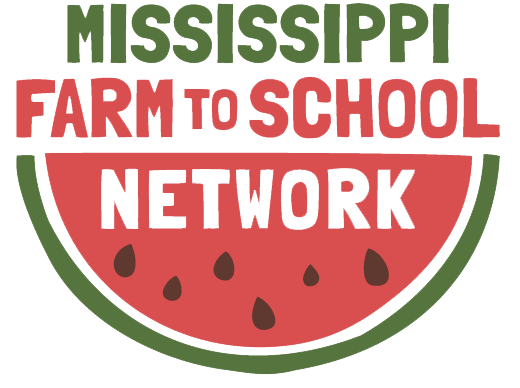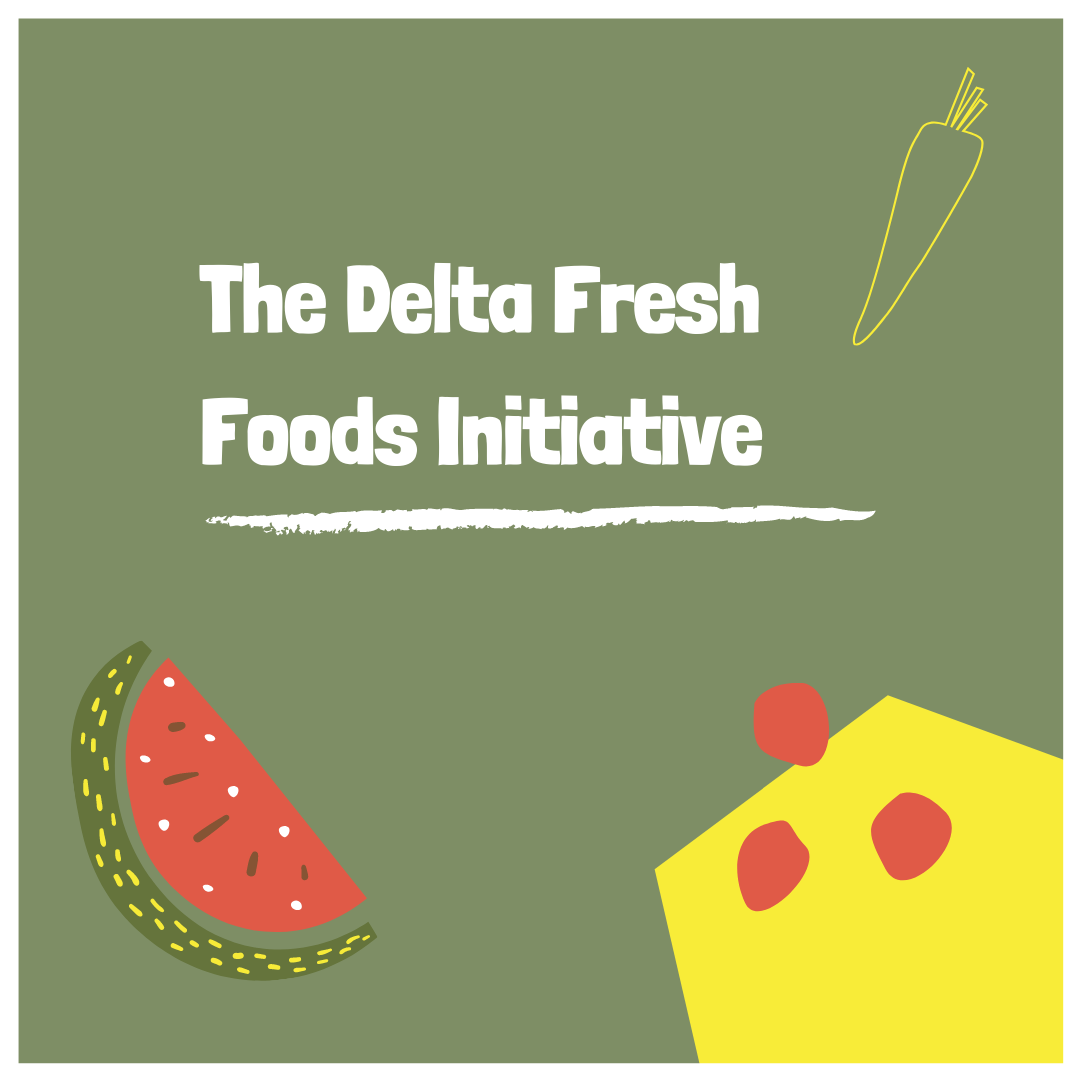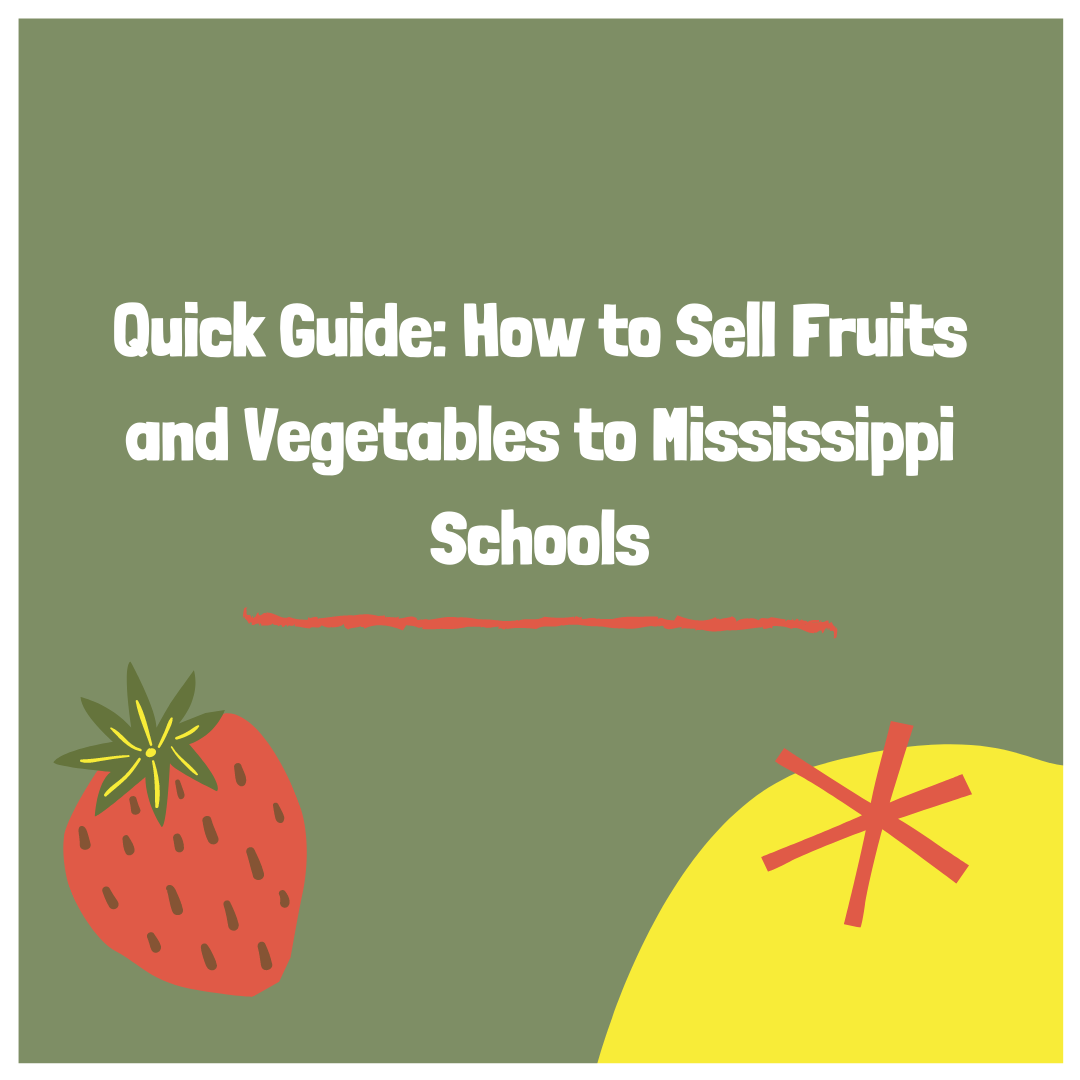Mississippi Farm to School Interagency Council Progress Report
A report from the Mississippi Farm to School Interagency Council on the progress of the council through December 2014.
Case Study: Growing Healthy Waves at the Tupelo Public School District
Tupelo Public School District’s "Growing Healthy Waves" program worked with FoodCorps to educate students about food and nutrition using farm-to-school principles.
Mississippi Food Policy Council
The mission of the Mississippi Food Policy Council is to advocate for food and farm policies that build healthy communities and strengthen local food systems.
Mississippians Engaged in Greener Agriculture
MEGA is a non-profit organization founded in Shelby, MS by co-Lead of the Mississippi Farm to School Network Dorothy Grady-Scarbrough. Click here to visit the MEGA Facebook page to learn more!
Expanding Farm to School in Mississippi
Developed by the Harvard Law School Health Law and Policy Clinic and the Harvard Law School Mississippi Delta Project, this May 2011 report examines and benefits and methods for expanding farm-to-school programs in Mississippi.
A Guide To Purchasing Mississippi Products
This step-by-step purchasing guide aims to help school foodservice directors in Mississippi start to purchase locally grown foods to be served in school meals.
Mississippi Association of Cooperatives
A nonprofit organization, MAC serves farmers, their families and communities in increasing their livelihood security and improving quality of life.
Case Study: The Good Food for Oxford Schools Program
Good Food for Oxford Schools (GFOS) is an initiative of the Oxford School District in Oxford, Miss., aimed at improving cafeteria menus and simultaneously educating students and their families.
The Partnership for a Healthy Mississippi
The Partnership for a Healthy Mississippi is has been working with farm-to-school initiatives for years to assist local farmers with the processes of selling fresh, nutritious, local foods to schools and school districts.
The Year in Farm-to-School
The Farm-to-School Calendar showcases the yearly timeline in which it takes to grow the food and how it ends up on the table in schools. This resource provides information on the best time of year to connect with a school or a farmer.
The Delta Fresh Foods Initiative
The Delta Fresh Foods Initiative (DFFI) is a diverse coalition of community stakeholders committed to establishing sustainable, equitable community food systems in the Mississippi Delta.
Mississippi State Department of Health Farm-to-School
Visit the Mississippi State Department of Health website for resources on buying and selling local food to early childcare education programs.
Mississippi Department of Agriculture and Commerce Farm-to-School
This program was introduced to encourage the serving of locally-grown and locally-produced agricultural products in school meals and to recognize the substantial economic and health benefits of serving locally-grown foods.
The National Farm to School Network
The National Farm to School Network brings local food sourcing education into schools.
Mississippi State Extension Agency
MSU’s Extension Service provides research-based information, educational programs and technology focused on the issues and needs of the people of Mississippi, enabling them to make informed decisions about their economic, social and cultural well-being.
Quick Guide: How to Sell Fruits and Vegetables to Mississippi Schools
This guide provides information to local food growers about how to sell their produce to schools in the state.
How to Talk to a Farmer About Procuring for Schools
Essentially, this relationship is all about communication. Anything you feel important for the farmer to know about your school/district, or that you want to know about the farmer/farm, just ask!
Addressing Dietetic Internship Competencies Through Local Food and Farm-to-School
Dietetic Interns have cited numerous benefits of participation in farm-to-school programs, including: unique rotation placement for supervised practice hours, civic engagement, opportunities to be a leader among their peers and in the community, and meaningful application of didactic knowledge to nutrition education and food service management projects.




















